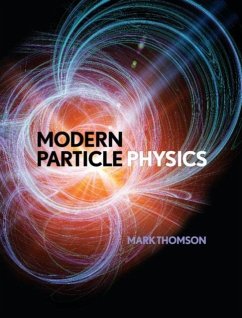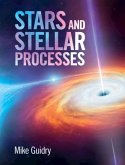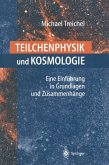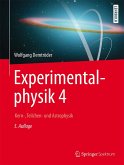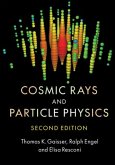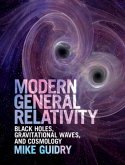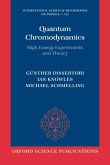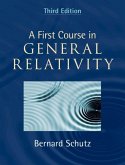Unique in its coverage of all aspects of modern particle physics, this textbook provides a clear connection between the theory and recent experimental results, including the discovery of the Higgs boson at CERN. It provides a comprehensive and self-contained description of the Standard Model of particle physics suitable for upper-level undergraduate students and graduate students studying experimental particle physics. Physical theory is introduced in a straightforward manner with full mathematical derivations throughout. Fully-worked examples enable students to link the mathematical theory to results from modern particle physics experiments. End-of-chapter exercises, graded by difficulty, provide students with a deeper understanding of the subject. Online resources available at www.cambridge.org/MPP feature password-protected fully-worked solutions to problems for instructors, numerical solutions and hints to the problems for students and PowerPoint slides and JPEGs of figures from the book.
Dieser Download kann aus rechtlichen Gründen nur mit Rechnungsadresse in A, B, BG, CY, CZ, D, DK, EW, E, FIN, F, GR, HR, H, IRL, I, LT, L, LR, M, NL, PL, P, R, S, SLO, SK ausgeliefert werden.
'This advanced undergraduate textbook provides an excellent introduction to one of the most exciting areas of modern physics. It combines a pedagogical 'from first principles' approach with a comprehensive survey of the latest developments in particle physics, including the recent discovery of the Higgs boson. Thoroughly recommended for both students and teachers alike.' James Stirling, Imperial College London

